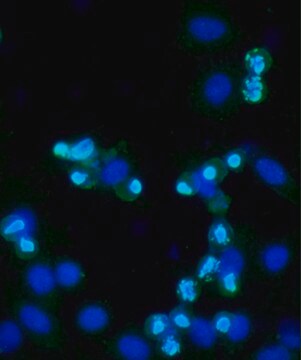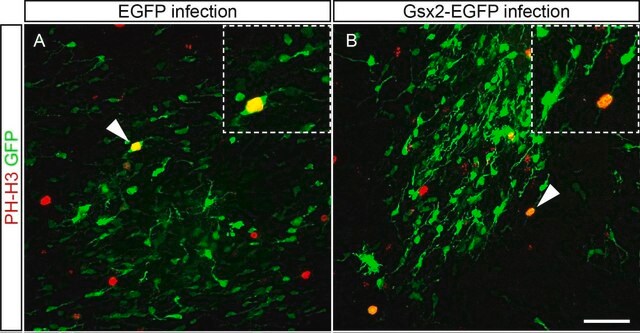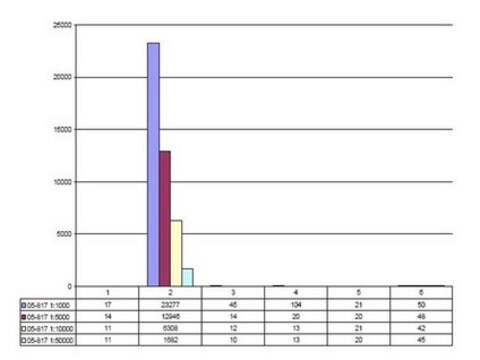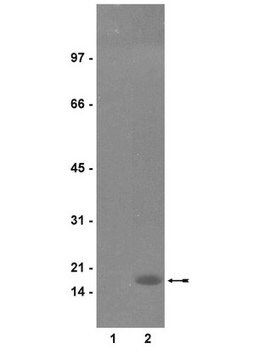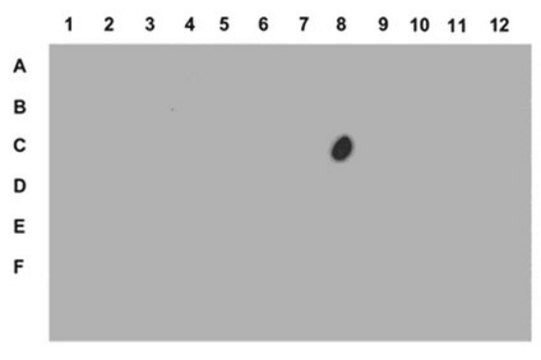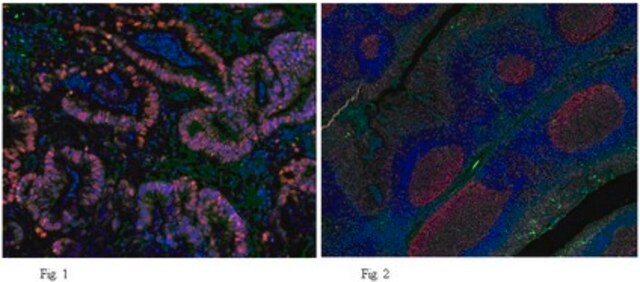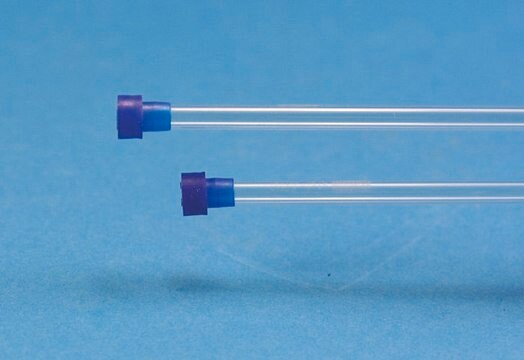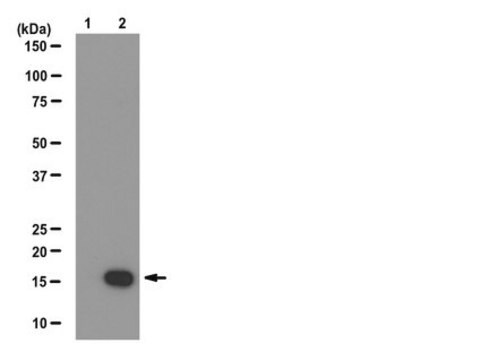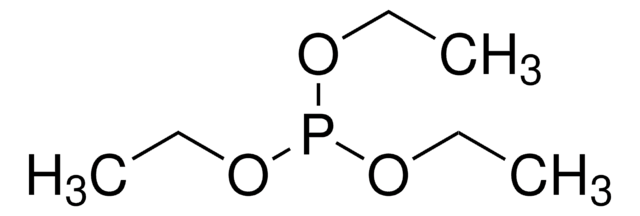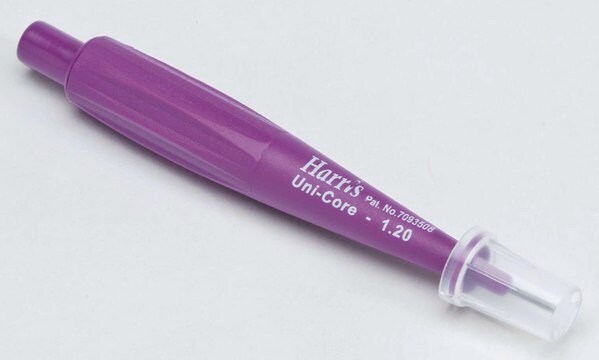05-1336-S
Anti-phospho-Histone H3 (Ser10) Antibody, clone CMA312, Trial Size
clone CMA312, Upstate®, from mouse
Synonym(s):
H3S10P, Histone H3 (phospho Ser10), H3 Histone, family 3A
About This Item
Recommended Products
biological source
mouse
Quality Level
antibody form
purified antibody
antibody product type
primary antibodies
clone
CMA312, monoclonal
species reactivity
human, vertebrates
manufacturer/tradename
Upstate®
technique(s)
ChIP: suitable
ELISA: suitable
immunocytochemistry: suitable
multiplexing: suitable
western blot: suitable
isotype
IgG1
NCBI accession no.
UniProt accession no.
shipped in
wet ice
target post-translational modification
phosphorylation (pSer10)
Gene Information
human ... H3C1(8350)
General description
Specificity
Immunogen
Application
Epigenetics & Nuclear Function
Chromatin Biology
Histones
Quality
Target description
Physical form
Storage and Stability
Analysis Note
HeLa Acid extract lysate
Other Notes
Legal Information
Disclaimer
Not finding the right product?
Try our Product Selector Tool.
recommended
Storage Class Code
10 - Combustible liquids
WGK
WGK 2
Flash Point(F)
Not applicable
Flash Point(C)
Not applicable
Regulatory Listings
Regulatory Listings are mainly provided for chemical products. Only limited information can be provided here for non-chemical products. No entry means none of the components are listed. It is the user’s obligation to ensure the safe and legal use of the product.
JAN Code
05-1336-S:
Certificates of Analysis (COA)
Search for Certificates of Analysis (COA) by entering the products Lot/Batch Number. Lot and Batch Numbers can be found on a product’s label following the words ‘Lot’ or ‘Batch’.
Already Own This Product?
Find documentation for the products that you have recently purchased in the Document Library.
Our team of scientists has experience in all areas of research including Life Science, Material Science, Chemical Synthesis, Chromatography, Analytical and many others.
Contact Technical Service